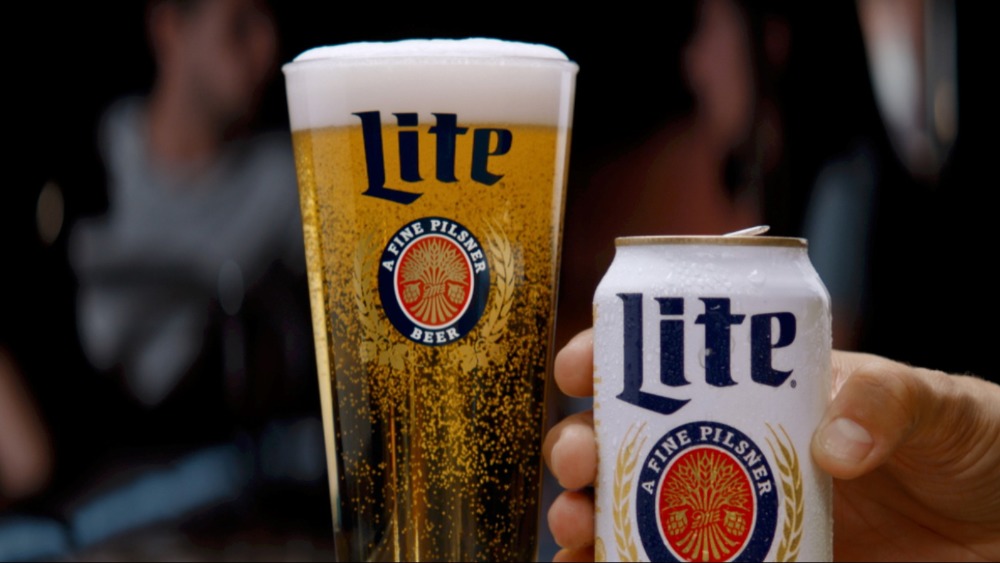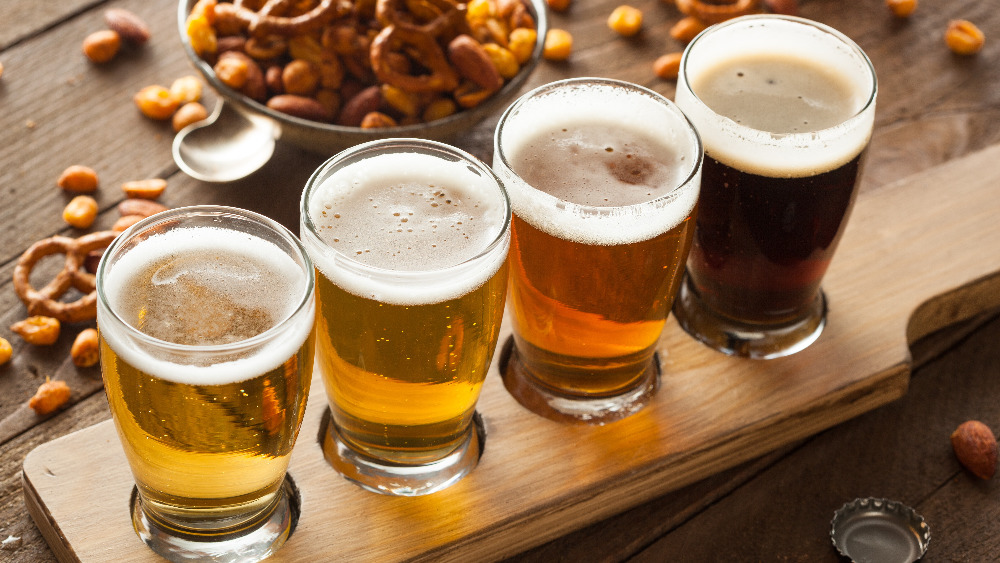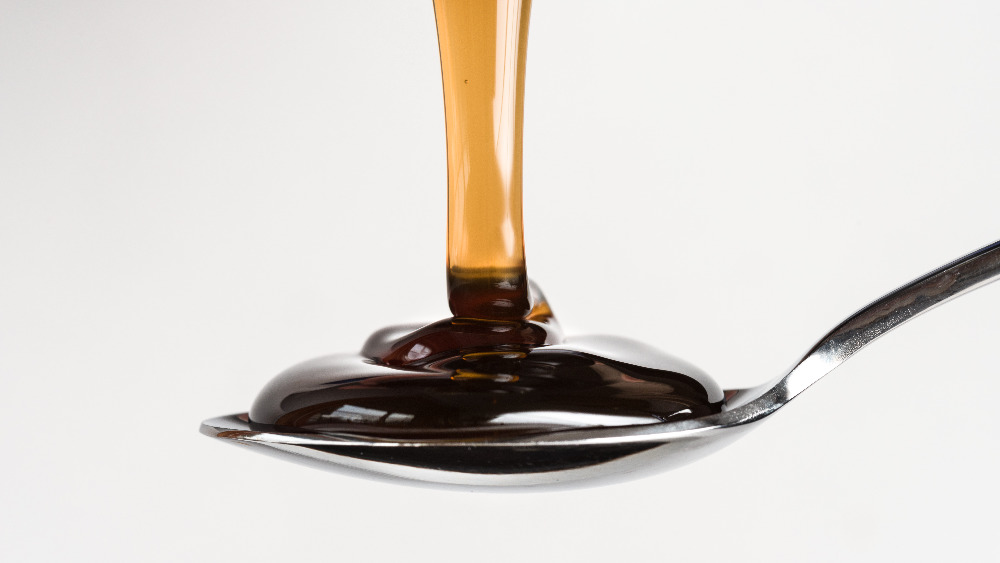Here's Everything Wrong With Miller Light
It's got to be five o'clock somewhere ... the question is, is it Miller time? If you prefer a light beer, perhaps you think you're living the high life with your Miller Lite. But, according to Michael Murdy, beer expert and founder of Robust Kitchen, when you go for the gold, you're actually cheating yourself out of a better beer experience. In an interview with Mashed, Murdy explained the many reasons why Miller Lite is light on taste.
"Miller Lite is mindless. It requires no contemplation and yet it gets the job done. That is, if the job is to get your buzz on, without consequences like cloying flavors or bloating," Murdy said. Ouch. So what's wrong with the way Miller Lite tastes? "The high carbonation scrapes the palate, and the dry finish leaves you aching for more," he explained. "It's the perfect beer for the masses because it requires no occasion. It's cheap and has no flavor to grow sick of." If "the masses" sounds like you, and you really do just want to drink something that will help you forget your workweek, Murdy won't try to pry the bottle from your hand – he's "got nothing against the brand," and had a similar criticism of Miller Lite arch-rival Coors Lite. If you've got a picky palate and want a brewski you can savor, though, Murdy offered numerous ways that the popular light beer falls short.
Miller Lite performs poorly in all professional beer judge categories, expert explains
As with all foods and beverages, what makes beer "good" or "bad" is going to be subjective. If you enjoy Hot Pockets, to you, they are a "great" food, and if you love washing them down with a cold Miller Lite, your opinion is the only one that matters; you do you! However, there is a professional organization, the Beer Judge Certification Program, which offers standards for judging the qualities of beers – and according to Murdy, Miller Lite, which would be categorized as a "Light American Lager," is a pretty sub-par specimen of this brew. Look at the style guidelines, Murdy, said, and you have "all you need to understand exactly why this beer exudes such underwhelming qualities," he explained.
"The overarching theme? It's low in everything. Low alcohol, low malt flavor, low hop flavor, and low yeast flavor. The only thing it's high in is carbonation, a quality that becomes increasingly apparent with unintentional shaking," Murdy pointed out. He noted that the organization had assessed Miller Lite as, "Designed to appeal to the broadest range of the general public as possible."
Corn syrup is to blame for Miller Lite's flavor fail
So what's behind Miller Lite's mediocrity? According to Murdy, it's one ingredient: corn syrup. "Miller Lite, like Coors Lite, uses a percentage of corn syrup in their beer – although, there will be only traces left in the finished product," he explained. "Corn syrup, accompanied with a starch degrading enzyme, is a cheaper way of creating fermentable sugars for the yeast. While beer enthusiasts tend to look down on this step, breweries have been using adjuncts for centuries ... even our beloved Belgian breweries." Why is corn syrup, which is a common sweetener of many foods, from bread to candy, so bad for beer flavor? "In this case, corn syrup contributes fermentable sugars without any accompanying protein – contrary to barley malt," Murdy said. "Protein is the main molecule responsible for creating 'body' in the beer. Protein molecules weave themselves into the liquid matrix to make the beer feel denser in the mouth."
One thing beer enthusiasts look at is foam (also called "head"), and corn syrup is also the culprit behind Miller Lite's foam failure, Murdy added. "The low protein content in corn syrup leads to a thinner beer, with a faster dissipating head. These aren't universally negative qualities, but sustain the underwhelming trends of the beer style itself," he said.


